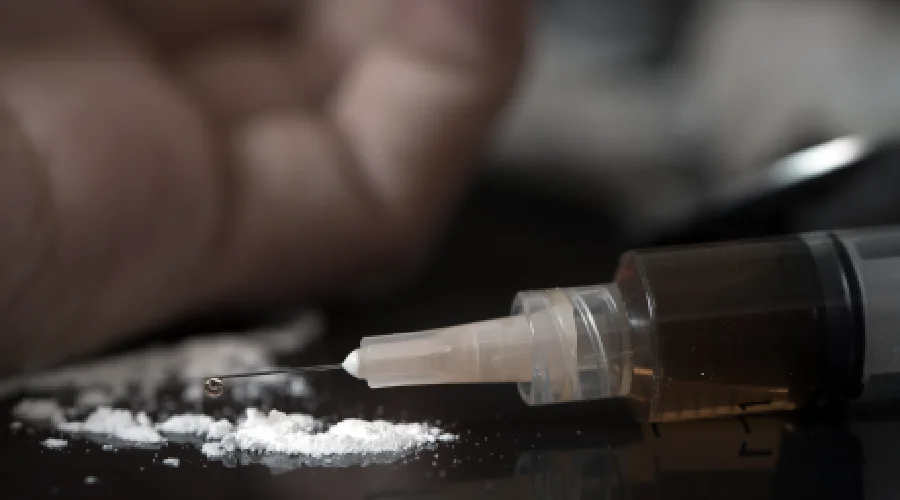Rehabilitation is a process of restoring function, mobility, and independence in individuals who have experienced an injury, illness, or disability. Rehabilitation aims to help individuals achieve the highest level of physical, mental, and social functioning possible, and to improve their quality of life.
The goal of rehabilitation is to help individuals recover from their injury or illness, manage their symptoms, and regain the ability to perform activities of daily living. Rehabilitation can involve a range of interventions, including physical therapy, occupational therapy, speech therapy, cognitive therapy, and other forms of therapy and support.
Rehabilitation can be used to treat a variety of conditions, including musculoskeletal injuries, stroke, brain injuries, spinal cord injuries, chronic pain, mental health disorders, and substance abuse disorders. Rehabilitation may involve a team of healthcare professionals, including physicians, therapists, psychologists, and social workers, who work together to develop a comprehensive treatment plan that is tailored to individual needs and goals.
Three Major Types of Rehabilitation
Physical Rehabilitation: This type of rehabilitation is aimed at restoring physical function and mobility to individuals who have suffered an injury, illness, or surgery. Physical rehabilitation may involve exercises to strengthen muscles, improve coordination, balance, and endurance, and relieve pain.
Cognitive Rehabilitation: This type of rehabilitation is focused on helping individuals who have suffered from brain injuries, strokes, or cognitive impairments to improve their cognitive abilities. Cognitive rehabilitation may involve exercises to improve memory, attention, problem-solving skills, and other cognitive abilities.
Substance Abuse Rehabilitation: This type of rehabilitation is designed to help individuals who are struggling with substance abuse or addiction. Substance abuse rehabilitation may involve a combination of therapies, such as behavioral therapy, group therapy, medication-assisted treatment, and support groups, to help individuals overcome their addiction and maintain sobriety.

Alcohol and Drug Addiction Rehabilitation Process
The alcohol and drug addiction rehabilitation process typically involves several stages, which may include:
Assessment: The first step in the rehabilitation process is typically an assessment, which involves a comprehensive evaluation of the individual's physical and mental health, as well as their substance use history and other factors that may impact their treatment.
Detoxification: If the individual is physically dependent on drugs or alcohol, the next step may be detoxification, which involves safely managing withdrawal symptoms and helping the individual become physically stable without the substance and Alcohol Treatment Center can help you with that with proper care and rehab process.
Treatment: Once the individual is medically stable, the next step is typical treatment, which may involve a combination of individual and group therapy, behavioral therapy, medication-assisted treatment, and other forms of support and counseling.
Aftercare: After completing formal treatment, the individual may transition to aftercare, which may involve ongoing counseling and support to help them maintain their sobriety and prevent relapse.
Throughout the rehabilitation process, the individual may work with a team of healthcare professionals, including doctors, therapists, and counselors, who will provide support and guidance to help them achieve their recovery goals. The specific treatment plan will vary depending on the individual's needs and goals and may be adjusted over time based on their progress and response to treatment.
How Much Does A Rehab Center Cost
The cost of a rehab center can vary widely depending on a number of factors, including the location of the center, the type of treatment being offered, the length of stay, and the level of amenities and services provided. In general, the cost of rehab can range from a few thousand dollars to tens of thousands of dollars or more.
Some rehab centers may accept insurance, which can help to offset the cost of treatment. However, the extent of insurance coverage can vary depending on the individual's insurance policy and the specific treatment being offered.
For those without insurance, many rehab centers offer financing options, sliding scale fees, or other forms of financial assistance to help make treatment more affordable.
It's important to keep in mind that the cost of rehab should not be the only factor considered when choosing a treatment program. It's also important to consider the quality of care being offered, the qualifications and experience of the healthcare professionals providing treatment, and the overall reputation of the rehab center.

How Long Does Treatment Take?
The duration of treatment can vary widely depending on the type and severity of the condition being treated, as well as individual factors such as age, overall health, and response to treatment. In general, some types of rehabilitation may require only a few weeks of treatment, while others may take several months or even years.
For physical rehabilitation, the length of treatment may depend on the extent of the injury or illness, the age of the patient, and their overall health. Some people may see improvement in just a few weeks, while others may require several months of treatment.
Cognitive rehabilitation can also vary in duration depending on the severity of the cognitive impairment, the patient's age, and other factors. Treatment may be ongoing for several months or even years and may involve regular check-ins with a therapist or cognitive rehabilitation specialist.
Substance abuse rehabilitation can also vary in duration depending on the individual's level of addiction, the type of treatment being used, and the patient's commitment to their recovery. Some people may require only a few weeks of treatment, while others may require several months or even years of ongoing therapy, support groups, and other treatments.
It is important to note that recovery is a journey and not a destination, and the length of treatment may depend on individual progress and goals. It is important to work closely with a healthcare professional to develop a treatment plan that is tailored to individual needs and goals.
 Based on 693 users rating
Based on 693 users rating

